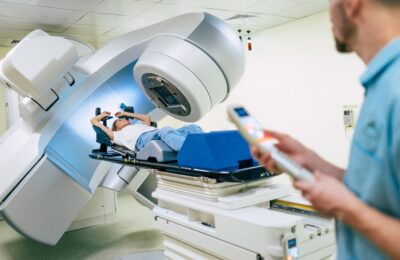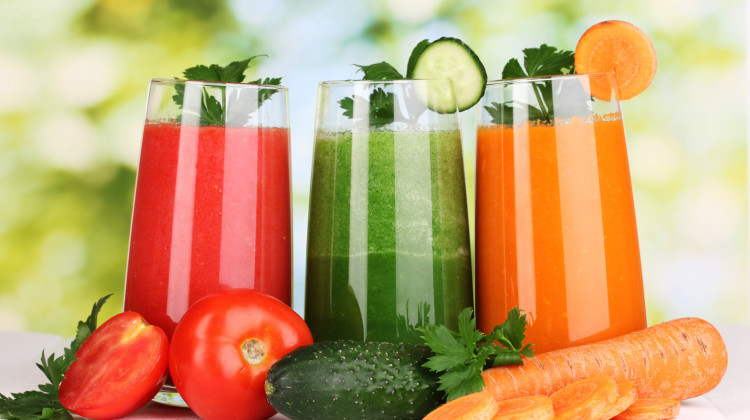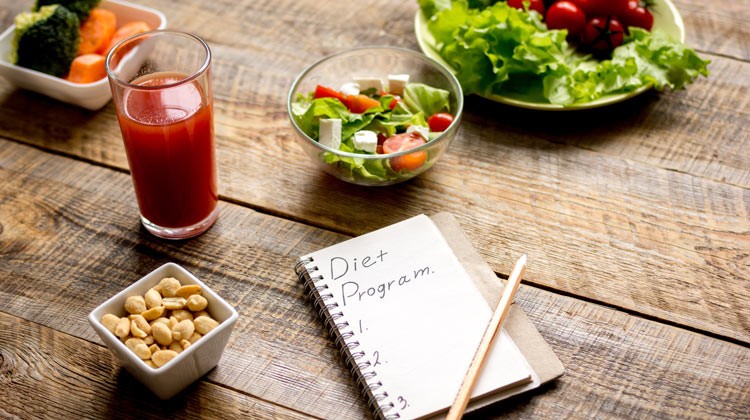
If you are a sexually active person but don’t want to suffer from the cervical, anal, or vaginal cancer, HPV vaccine is highly recommended for you. It’s the only way to prevent the cancer caused by human papillomavirus. It’s so common that you can catch it at any point of your life. The only preventive measure to handle it is the HPV vaccine. Wondering whether it’s for you or not? Here’s everything that you should know about the HPV virus.
What is HPV Vaccine?
HPV Vaccine is not a new concept, but it has become more popular than ever before. This vaccine is used to prevent human papillomavirus (HPV), which is the leading cause of cervical cancer in women. It is evidence-based, safe and effective with a mild risk of serious side effects.
Why is the HPV vaccine necessary?
Mistakenly, many people believe that HPV vaccination is a choice. But it is not a choice. It is compulsory, and anyone who opposes it is a fool. The vaccine is necessary for cervical cancer prevention. It is necessary for the men and women who are sexually active and don’t want to be diagnosed with cancer later in their lives.
The most important thing to do is to understand the risk. If you want your child to get the benefit of a vaccine while they are young, talk to your pediatrician. We can’t keep our kids from growing up and having sex but we can give them some tools to protect themselves as they mature into adults.
What doses of HPV Vaccine is recommended?
In India, HPV Vaccine is given 2-3 in life to the times:
- If your child is between 9-14 years of age, two doses of HPV vaccine is required with six months of gap.
- If he or she is 15 years old or older, three doses need to be given at 0, 1-2, and 6 months of gap
How does the vaccine work?
HPV vaccine is prepared with the protein that exists on the surface of HPV virus. As the protein is grown in the lab, it lacks the genetic material of the virus. Thus, it won’t multiply once injected in your body but the antibodies will start developing. This is how HPV vaccination can prevent you from several types of cancer.
Are there any side effects of the HPV Vaccine?
Every vaccination will show some mild side effect and same is with the human papillomavirus vaccine. Your child may have to face the following effects:
- Redness or soreness on the injection point
- Fever
- Nausea
- Muscle or Joint Pain
- Dizziness
Which HPV vaccine would be best for you?
In India, three types of HPV vaccines are available – quadrivalent, bivalent,, and no valent.
- Gardasil is the quadrivalent HPV vaccine that keeps you safe from four types of HPV including HPV 6, 11, 18 and 16
- Cervarix is the bivalent one which helps you to build immunity against HPV 16 and 18 only
- Gardasil 9, the nonavalent HPV vaccine will provide protection from nine strains of HPV
What to do if you are 30+ years of age?
As HPV pass from one person to another through sexual contact, you can control the infection with the use of condoms during intercourse. Moreover, you need to avoid smoking as it causes cervical cancer too.
If you observe any symptoms of cervical cancer, go for the Pap tests. The symptoms can be vaginal bleeding after sex, pelvic pain, pain during sex.
Final Thoughts
The best way to prevent cancers caused by HPV is by getting vaccinated. Via this method, the HPV vaccine can work in your body to kill the infected cells and prevent them from developing into cancers.
This is why experts recommend that you get vaccinated as soon as possible so that you never fall victim to such virulent types of cancer.
However, it is important to understand that no vaccine is 100% effective but it’s better to choose prevention that causes suffering later in life. Talk to your doctor today for the cervical cancer vaccination if you haven’t received it in the teenage years or else it can be problematic for you.














